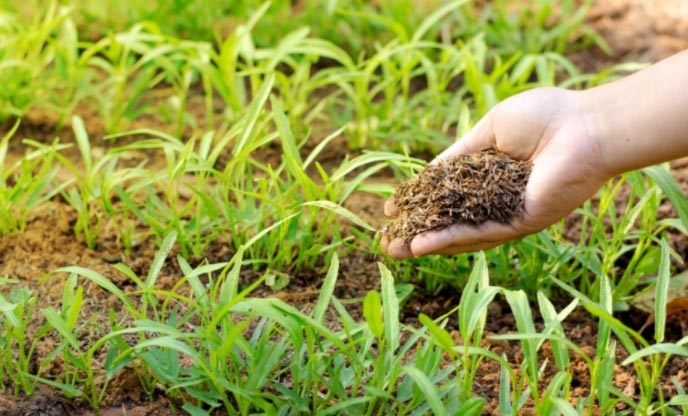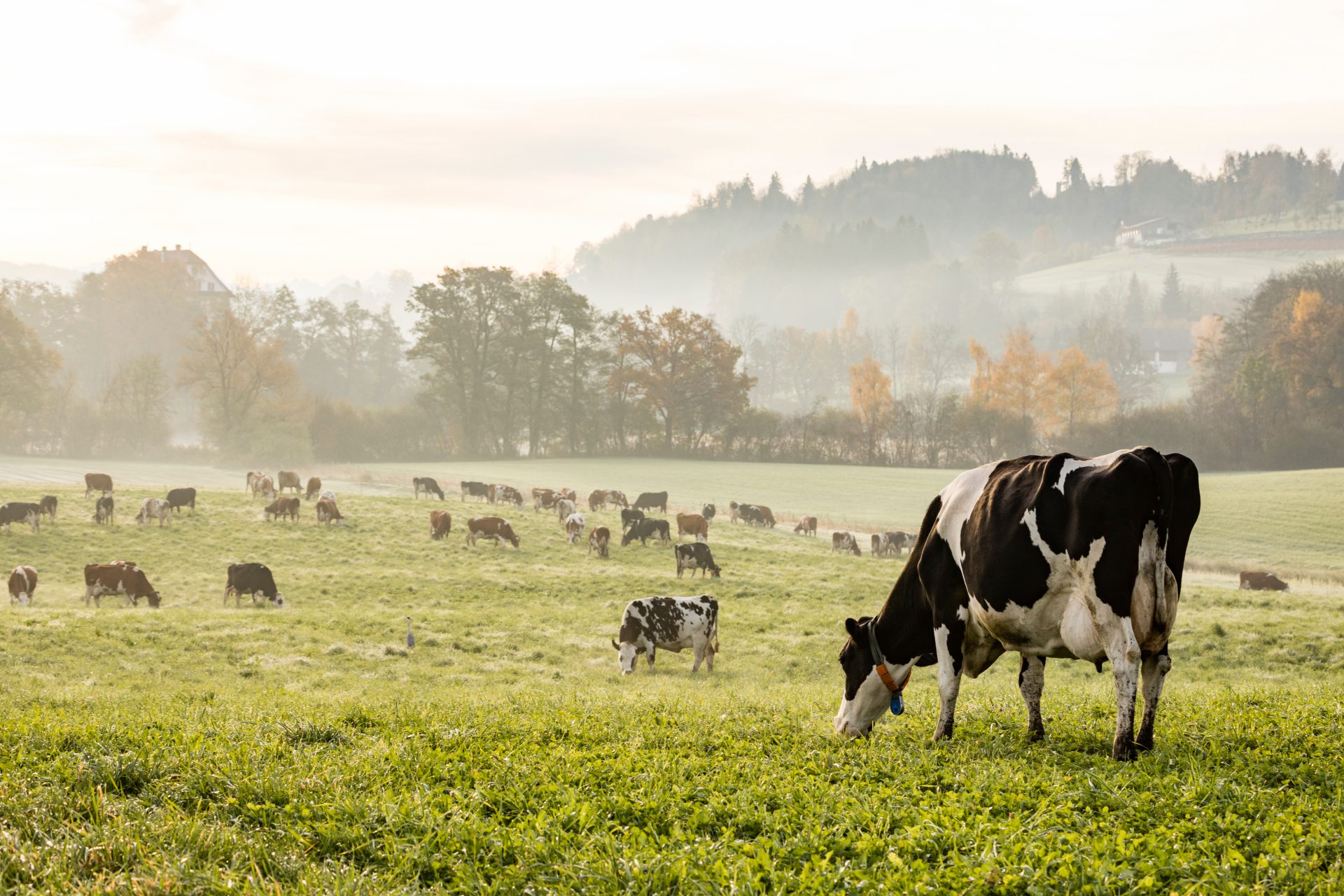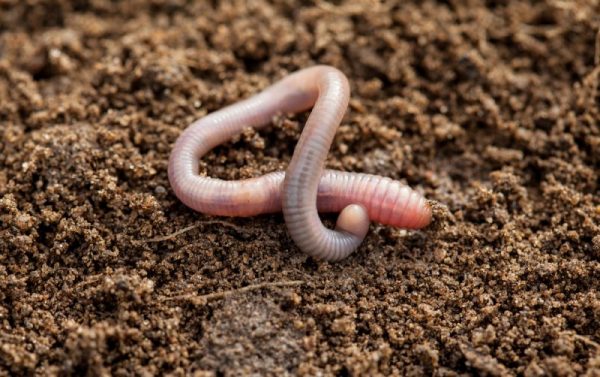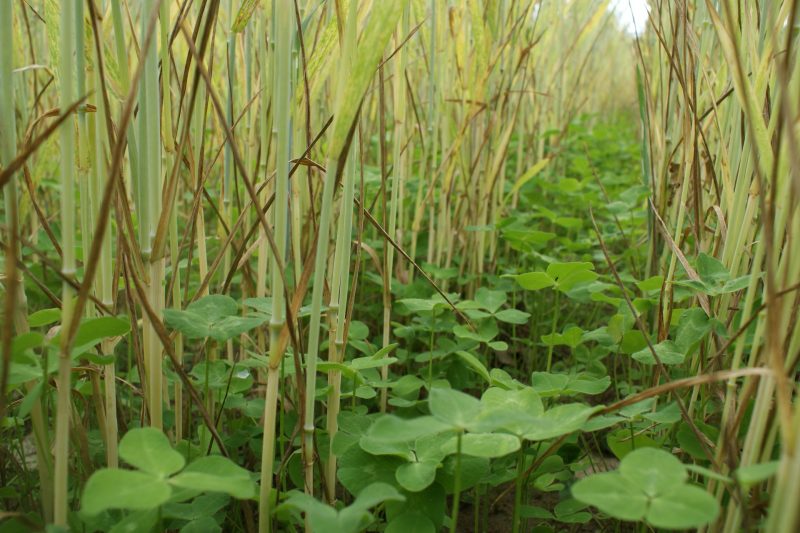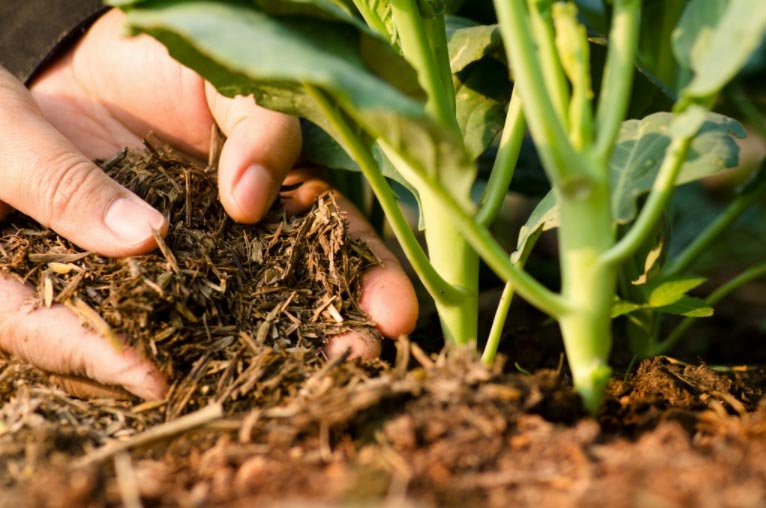
Biostimulants: what agroecological benefits?
Biostimulants: what agroecological benefits do they bring?
Les biostimulants agricoles sont des additifs aux engrais organiques. They are used in plant production to promote plant growth, health and productivity. Having a different action from that of chemical inputs, they are also an ally of agro-ecological crops.
The word “biostimulant” was coined by horticultural specialists to describe substances that promote plant growth without being nutrients, soil amendments or pesticides. These natural or synthetic substances can be applied on seeds, plants or on the ground.
Their role is thus to :
- Stimulate seed germination and thus improve the quality of production.
- Help improve the absorption of nutrients. Certain amino acids contained in biostimulants can be combined with micronutrients, which helps the plant in particular to draw nutrients from high pH soils.
- Provide better resistance to abiotic stresses such as climatic variations, mineral deficiencies, excessive salinity, drought or excess water.
These attributes depend on the composition of the biostimulants.
Main categories of plant biostimulants
Despite recent efforts to clarify the regulatory status of biostimulants, there is no official or regulatory definition of plant biostimulants.
Despite this, certain broad categories are widely recognized by scientists and agronomists, covering both substances and microorganisms. Microorganisms include bacteria, mainly PGPR (Plant Growth Promoting Rhizobacteria), rhizosphere bacteria beneficial to plant growth and health, and fungi.
How do biostimulants contribute to sustainable and agro-ecological agriculture?
Agricultural biostimulants can be used to complement and improve existing agricultural practices and farm inputs. However, biostimulants differ from traditional crop inputs: they only act on plant vigour and have no direct action against pests or diseases.
These substances cause changes in vital and structural processes in order to influence plant growth, increase yield and seed quality. In addition, biostimulants reduce the need for fertilizers.
In this the stimulation of biological processes at soil or plant level is part of an agro-ecological logic: rather than acting on an external factor impacting production (pests, bioaggressors or nutrient deficiencies), biostimulants allow to act on the adaptive capacities of agro-ecosystems.
Thus, in agroecology, these “stimulants” are used as an alternative to other “conventional” direct action solutions.
Biostimulants and agroecology
Today, biostimulants are among the first inputs used in agriculture. However, for many years, little research has been done to refine and improve their qualities and effectiveness. Over the past decade, biostimulant producers have undertaken an increasing number of studies to identify new bioactive compounds and beneficial microorganisms. These studies have also led to a better understanding of agro-ecology, crop performance and quality under a wide range of growing conditions.
Biostimulants are helping to address some of the most important challenges facing agriculture in the coming years:
- Extreme temperatures, erratic rainfall and other stressful growing conditions related to climate change require resilient crops. Biostimulants increase the tolerance of plants to abiotic stress and their recovery.
- By facilitating the assimilation and use of nutrients, biostimulants help prevent the leaching or runoff of nutrients into neighboring ecosystems. This means a better return on investment for farmers and better use of natural resources.
- Biostimulants help protect and improve soil health by promoting the development of beneficial microorganisms. A living soil retains water more efficiently and is more resistant to erosion.
- Biostimulants can improve the quality of agricultural production. Improved quality can result in higher incomes for farmers, better preservation in storage and more nutritious food for consumers.
While biostimulants are still associated by many people with organic farming and gardening, they now have an important role to play in agro-ecological agriculture as a complement to nutrition and crop protection.
On these issues, the CDA assists farmers in order to enable them to evolve towards a profitable and environmentally friendly operation.
Find out more about our support offers:https://centre-developpement-agroecologie.fr/agriculteurs/.

